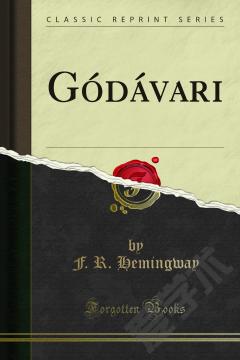Gorgias
THE PLAGE OF THE GORGIAS With the Gorgias we encounter one of Plato's greatest works, as it is also one of his longest. (Of all the dialogues, only the Republic and the Laws are longer.) Nowhere are the philosophic and dramatic components in Plato's art more powerfully blended than in the confrontation here between Socrates and his three successive interlocutors. Plato has taken up the old Greek moral theme of the choice between two lives and transformed it into a philosophical debate on the principles of morality and the nature of the good life. And by bringing both Socrates and his adversaries so vividly to life, Plato has represented these issues with unforgettable intensity. The Gorgias is also a foundational text for two areas of philosophy; it is the first major work both in ethics and in political theory. Some of the same issues are discussed in the Crito , where Socrates gives his reasons for not escaping from prison. So Plato may be said to have founded moral philosophy twice: once in the Crito and a second time in the Gorgias . Plato was of course anticipated here by Socrates, to an extent that we cannot determine. And the power of the Gorgias largely derives from the fact that Socrates in this dialogue represents both the historical individual and also Plato's philosophical reflection upon the meaning of Socrates' life and death. The Crito exemplifies moral philosophy by demonstrating how one can bring reason to bear on an important practical decision. Socrates is depicted as someone who is always ready âto obey the argument ( logos ) which, upon reflection, seems to me the bestâ (46B).
{{comment.content}}








 京公网安备 11010802027623号
京公网安备 11010802027623号